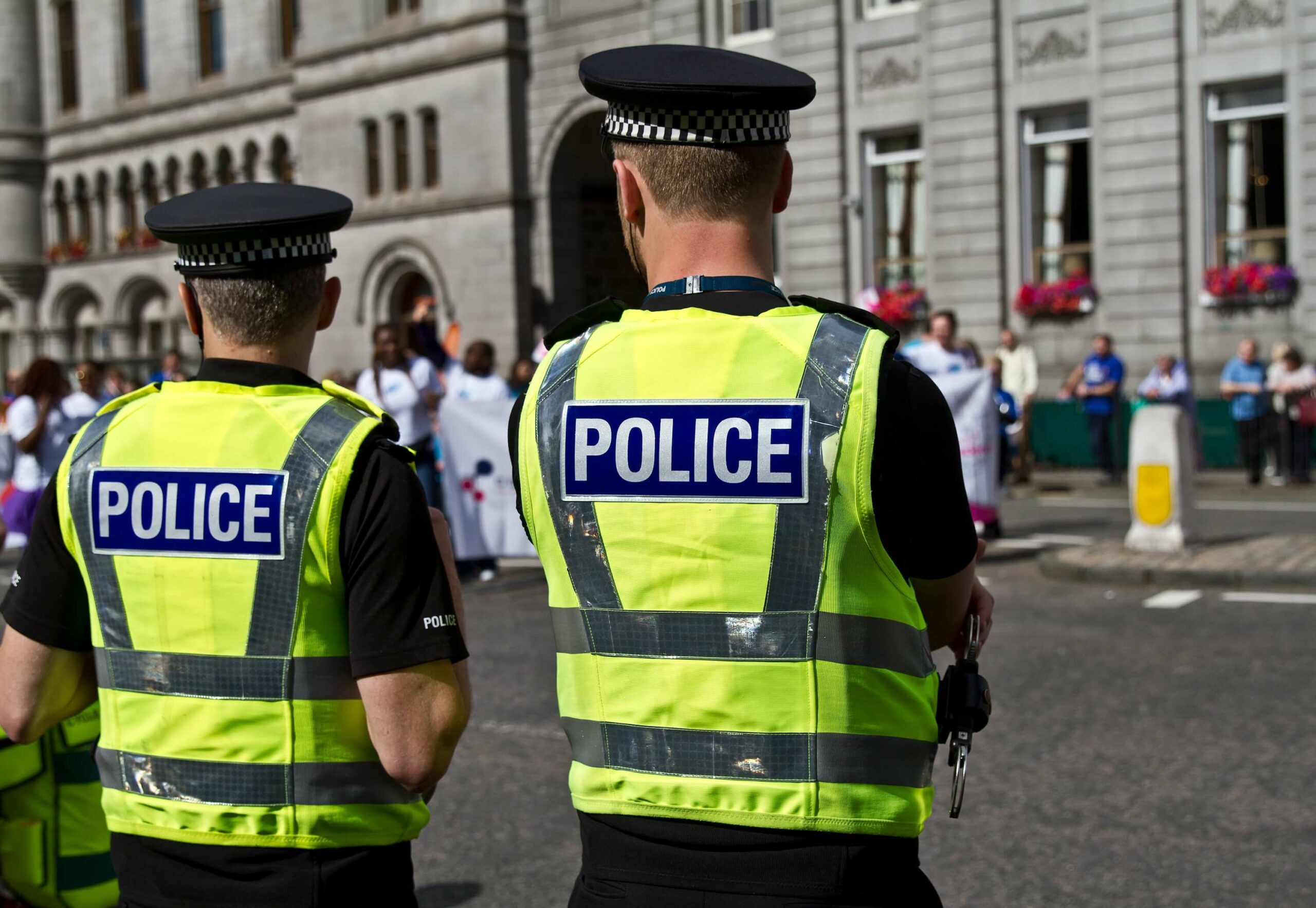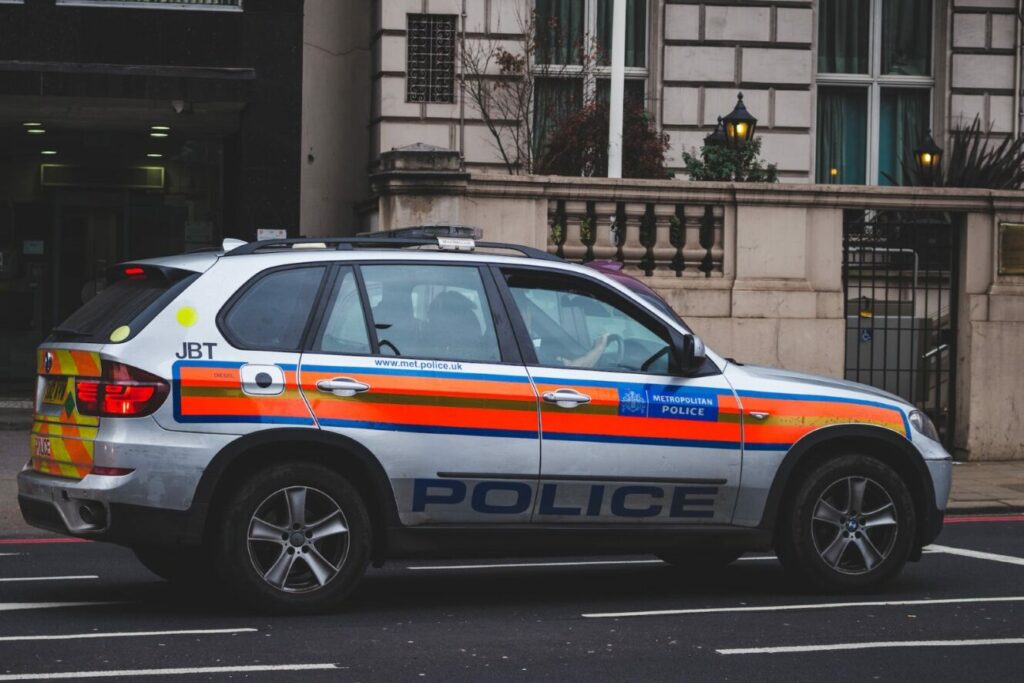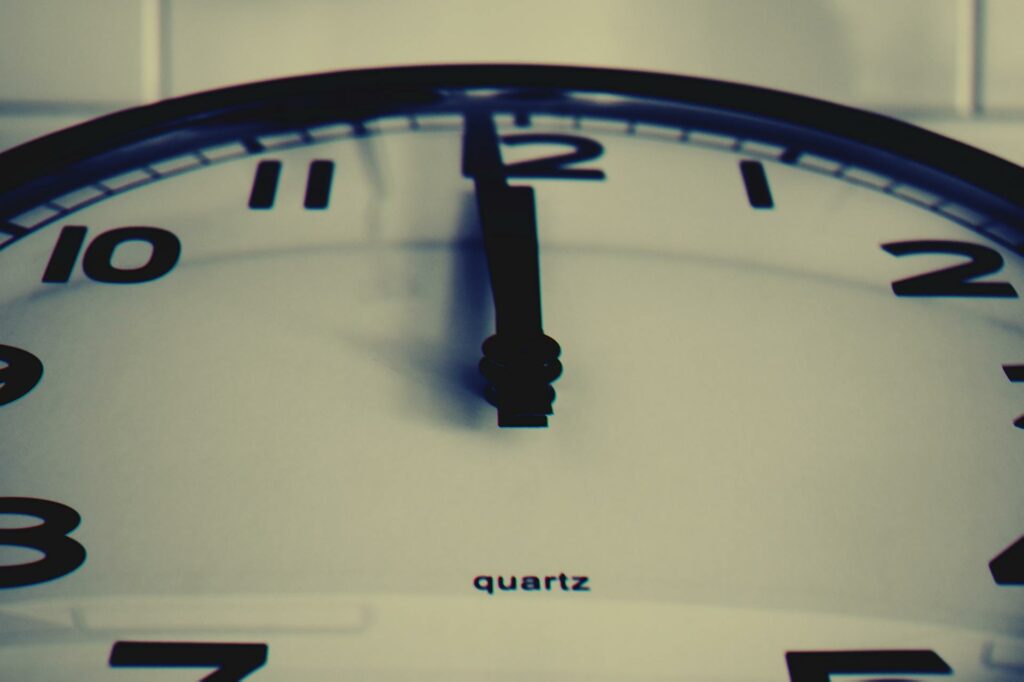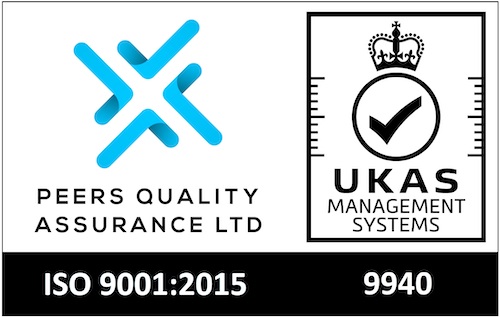How long does a police caution last in the UK?
3 Important Facts Revealed of how long a police caution last in the UK?
If you’re a fan of police dramas on television, you’ll have heard the term “police caution” being thrown around quite a lot. But, what exactly does it mean and how long does a caution last? Rather than Google ‘what is a police caution uk?’, we’ll take you through what it is, what it means for individuals and also query how long does a police caution last.
How long does a caution stay on your record? We’ll reveal 3 important factors about the duration of police cautions in the UK, including the impact it has on enhanced and standard DBS checks.
Understand the Duration of a Caution in the UK
A police caution is a formal warning given by the police to someone who has admitted to committing a minor offence. Cautions allow the police to deal with lower-level crimes without going to court – but there are implications to receiving a caution.
Firstly, it’s important to realise that a police caution will form part of your criminal record. It can be taken into account by employers and immigration authorities during criminal record checks. It could have long-term consequences, impacting your chances of getting a job or a visa in the future. Many people mistakenly believe that a caution is completely wiped clean after a certain period of time, but this is not the case.
According to the Rehabilitation of Offenders Act, a police caution is spent after six years. This doesn’t mean that a police caution is removed after 6 years. What it does mean is that, after this time period, you do not have to disclose the caution in most circumstances. However, certain jobs and professions, such as those working with vulnerable groups, may still require you to disclose any criminal record, including cautions. It is the individual’s responsibility to check specific requirements for your field of work to avoid any potential complications.
Impact of a Caution on Your Record: What You Need to Know
What’s the real impact of receiving a caution from the police? And how is a police caution issued? This formal warning given to individuals that have admitted to committing a minor offence may seem like a simple slap on the wrist, but a police caution can leave a lasting mark on your criminal record.
In the UK, a police caution will typically remain on your record for six years. However, it is essential to note that this period may vary depending on the seriousness of the offence, as well as your age at the time of caution. After the six-year mark, the caution is considered spent and will no longer show up on a standard Disclosure and Barring Service (DBS) check.
How is a police caution issued?
A police caution is not a simple police interview or a warning given at the scene. It is a formal procedure that involves admitting guilt for an offence and signifies your acceptance of responsibility. Moreover, a caution will remain on your record, accessible to law enforcement agencies, potential employers, and other entities conducting background checks. A police caution should be treated with utmost seriousness, considering its implications in various areas of your life.
Difference Between a Caution and a Conviction in the UK
When it comes to dealing with criminal records in the UK, it’s important to understand the distinction between a caution and a conviction. These terms often cause confusion, but they have different implications and consequences.
A police caution in the UK is a formal warning given to an individual who admits to committing a minor offence. It is not a criminal conviction and does not result in a criminal record. However, the caution does go on the Police National Computer (PNC), which can be accessed by law enforcement agencies. It is important to note that cautions are used for lesser offences and are discretionary rather than mandatory.
A UK conviction refers to a formal decision by a court that an individual is guilty of a criminal offence. This outcome will result in a criminal record that can have long-lasting effects on one’s personal and professional life. Convictions will be recorded on the PNC and may show up in various background checks, such as Enhanced and Standard DBS checks.
3 factors that influence the duration of a caution in the UK
There are several factors that influence the duration of a caution in the UK.
Firstly, it is important to understand how a police caution is issued. A caution is typically given when the police have enough evidence to potentially charge someone with a criminal offence, but have decided not to pursue a prosecution. The decision to issue a caution lies with the police and is based on the circumstances of the case and the individual involved.
3 factors that impact the duration of a caution in the UK
- The type of offence committed.
Minor offences may result in the caution being removed from a person’s record after a certain period of time, usually 6 years. However, for more serious offenses, the caution may stay on a person’s record indefinitely. - The nature of the caution
The nature of the caution can also play a role in its duration. For example, cautions issued to a person under the age of 18 may be removed from their record after 2 years if they have not reoffended. Similarly, cautions issued for certain types of offences, such as those relating to possession of drugs, may be subject to specific regulations regarding their duration. - The impact of a caution on a person’s DBS certificate.
Certain cautions, such as those given for offences that would be eligible for filtering under the Disclosure and Barring Service (DBS) system, may be removed from a person’s record after a specified period of time. This means that they would not be disclosed on enhanced and standard DBS checks.
What does a caution on your record mean for a DBS Check?
When it comes to applying for certain jobs or volunteer positions, you may be required to undergo a Disclosure and Barring Service (DBS) check. This is a process to assess an individual’s criminal record and determine if they are suitable for the role. One aspect that may be of concern is having a caution on your record. But what does this actually mean for a DBS check?
A caution is a formal warning issued by the police that becomes part of a criminal record. Generally, a caution will remain on a criminal record for a specified period of time. This is usually six years for individuals aged 18 or over. For young offenders, it may be shorter. During this time, the caution is considered “unspent,” meaning it can still be taken into account during a DBS check.
However, having a caution on your record does not automatically disqualify you from a job or volunteer position. It will depend on the nature of the caution and the requirements of the role. Employers and organisations evaluate DBS checks on a case-by-case basis, taking into consideration factors such as the relevance of the offence to the position and the passage of time.
What is the importance of knowing how long a caution lasts
A police caution can directly impact individuals’ lives and remain on an individual’s record for a specific period. This duration varies according to the severity of the incident and the person’s age at the time of the caution.
While police cautions are typically given for minor offences, they should not be taken lightly, as they can have substantial implications for future employment opportunities and personal reputation and could show up on a DBS check.








